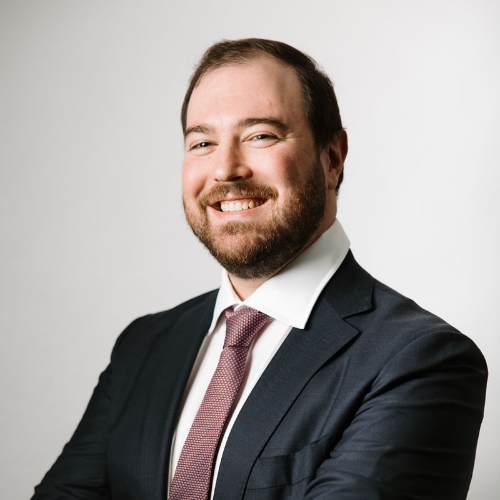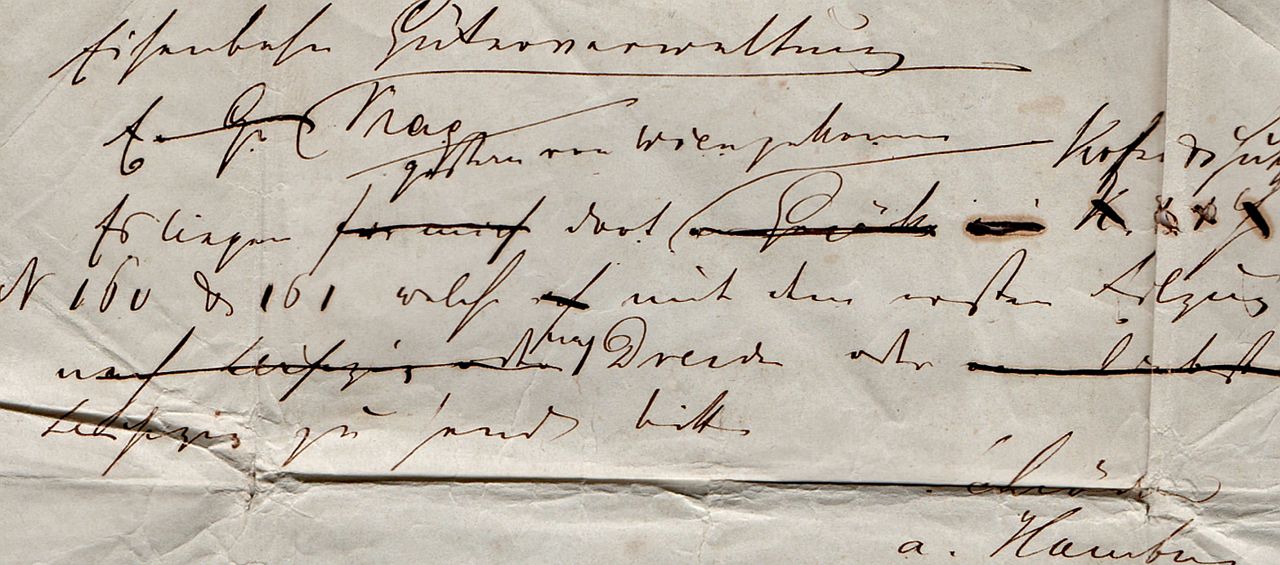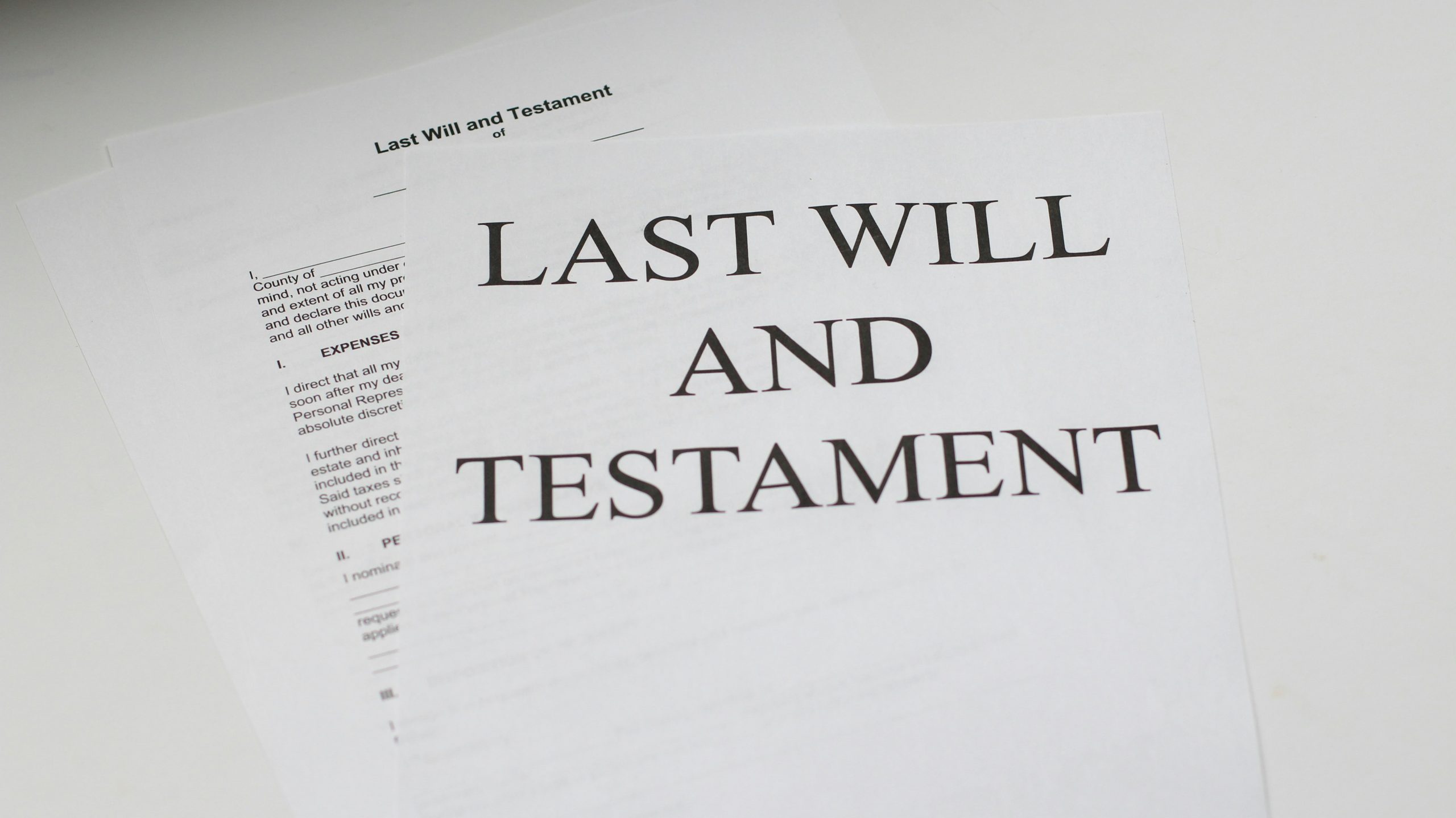Talking about death or an end of life plan with a spouse, parent, child or next-of-kin can be difficult or might seem like a morbid and faraway topic.
It is for these reasons that it is sadly common for people to put-off thinking about their end-of-life plan until a crisis occurs – at which point it may be too late to put a much-needed plan into action.
Because the subject of dying can be grim or remote to think about, many people operate off incorrect assumptions about what will happen if they should become terminally-ill or lose capacity to make decisions about their own care.
In this article we examine a few of the most common misconceptions about the law in end-of-life scenarios.
Myth: My family can take care of my affairs if I can’t.
Fact: Your spouse or next of kin doesn’t have an automatic right to make decisions about your finances or healthcare if you cannot.
Many people put-off appointing a power of attorney[1] or a guardian [2] because they believe that their partner or next-of-kin automatically has the power to make decisions for them if they cannot do so – for instance, if they should be so ill that they cannot communicate their own decisions, or if they lack the mental capacity to make their own decisions.
The reality is that only a properly appointed Attorney or Guardian can make these decisions. If you do not have legally binding Power of Attorney and/or Enduring Guardian documents in place (the form of which is determined by the state or territory you live in) then:
- Your spouse or next-of-kin CANNOT give healthcare instructions – your doctor will do anything they can to improve your health or prolong your life, even in cases of terminal illness, coma, or vegetative state and even if you have told your spouse or next-of-kin that you do not wish for your life to be sustained through life-support when there is no chance that you will recover.
- Your spouse or next-of-kin CANNOT deal with your finances, unless they are held jointly. Your spouse or next-of-kin will not be able to deal with your real estate, even if it is jointly owned. They might also be unable to conduct other financial matters on your behalf, such as lodge your tax returns or deal with any other accounts (such as superannuation) in your name.
Myth: I shouldn’t appoint an Attorney or Guardian until I am sick, because they might do things I don’t agree with.
Fact: You decide when your attorney can make property or finance decisions for you. Your doctor decides when you are unable to make healthcare decisions for yourself.
If you appoint an Attorney through a legally valid Power of Attorney document, you can put any restrictions or limitations on the appointment that you want. You can control when the power comes into effect for your property and financial affairs.
Only a doctor can decide when your guardian’s healthcare powers come into effect, and this will only be when you cannot make decisions for yourself.
Myth: My family can decide whether to withdraw life support if there is no chance of me getting better.
Fact: The only person who can make this direction is your chosen Guardian, and even then you need to specifically document that intention.
Your doctor will do whatever is necessary to prolong your life or improve your health, even if it is not something you would want.
You need to give clear, written directions to someone who cares about you – either in a valid and enforceable Power of Attorney or Appointment of Enduring Guardianship document, or advance directive, to ensure that your wishes are respected.
Myth: I don’t need a Will because I have a “living Will”
Fact: A Power of Attorney, Advance Directive or Appointment of Enduring Guardian does NOT remove the need for a Will.
Some people believe that their Power of Attorney, Advance Directive or Guardianship documents (sometimes called a “living Will”) mean that their Attorney or Guardian will be able to take care of their affairs once they have died. In reality:
- Your Attorney or Guardian will not have any authority to deal with any of your affairs after you have passed away because the documents which give them power to manage your affairs are no longer valid after you die. Instead, after you die your executors – if appointed in a legally valid Will – then become the most important people in the eyes of the law and will be the only persons able to manage your assets.
- Your Attorney cannot decide where your assets will go – this must be done in a legally valid Will.
- Your Attorney or Guardian cannot make a Will for you, this can only be done by you while you have the decision-making capacity to do so.
Myth: I can appoint myself as attorney or guardian for my spouse, parent or child.
Fact: ONLY a person with adequate decision-making capacity can appoint someone as their attorney or guardian. Otherwise the appointment can only be made by the relevant Guardianship Tribunal of each state or territory.
If you do not appoint an attorney or guardian to make decisions for you, in the correct form and while you are well-enough to do so, then someone will need to apply to either the ACT Civil and Administrative Tribunal (ACAT) or the NSW Guardianship Tribunal to be appointed on your behalf. This can be a stressful and time-consuming process, particularly if all members of your family do not agree on the person who is applying.
The Guardianship Tribunal may also put limits on the powers of the person they appoint – such as arduous reporting requirements and requiring proof of suitability. They might even appoint a person who you would not want appointed.
elringtons’ experienced estate planning solicitors are here to make sure that the framework surrounding your end of life plan is correct, comprehensive and suitable for your needs. While looking into your Power of Attorney and/or Appointment of Enduring Guardian, we will also strongly recommend that you provide us with your instructions to draft or update your Will.
For more information about structuring an end-of-life plan or to make an appointment in either our Canberra or Queanbeyan office contact one of our Wills and Estate team.
[1] An Attorney is a person who can make decisions about your property and financial affairs.
[2] A Guardian is a person who can make decisions about your healthcare and personal care if you cannot.
In the ACT, these are made in the same document (A Power of Attorney), but in NSW, these powers are divided into two documents – A Power of Attorney for financial affairs, and an Appointment of Enduring Guardians for healthcare and personal care.
Further reading

elringtons lawyers regularly provide legal advice in relation to a range of estate planning matters. Please contact our Estate Planning Team for more information or to make an appointment call (02) 6206 1300













